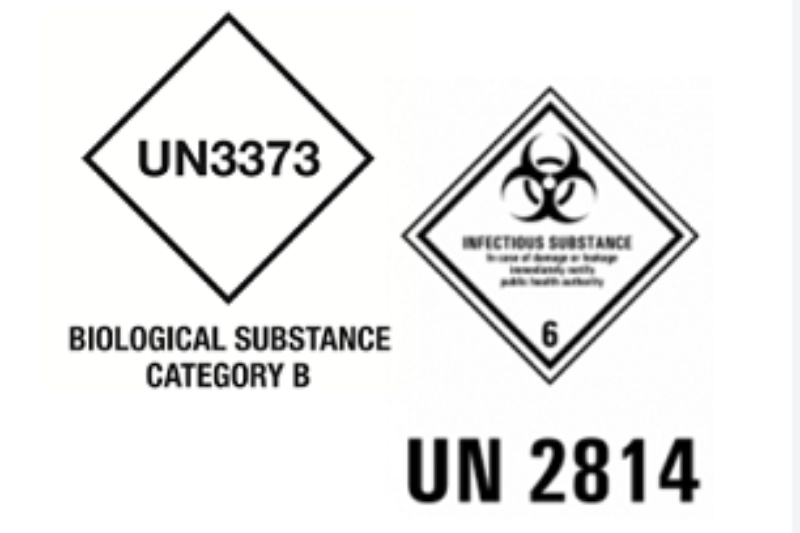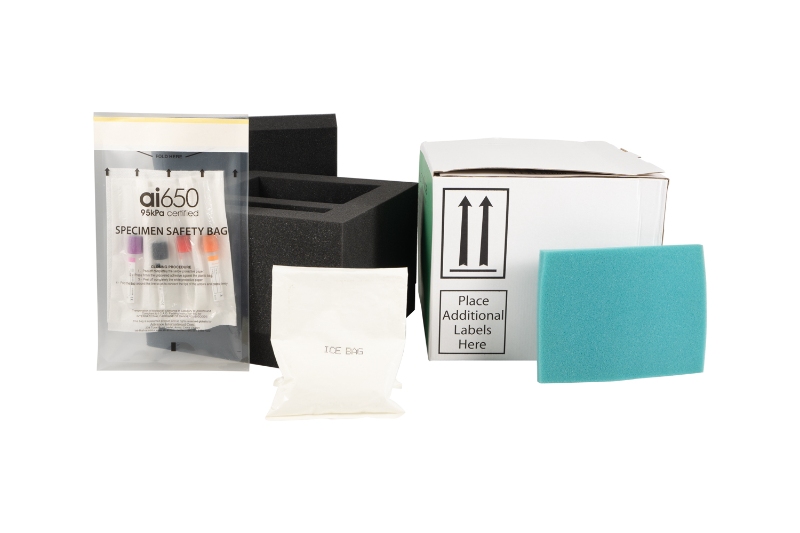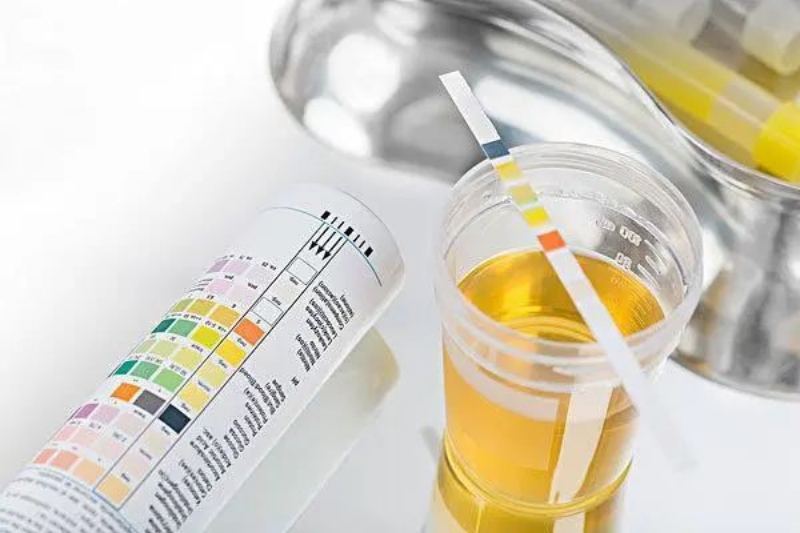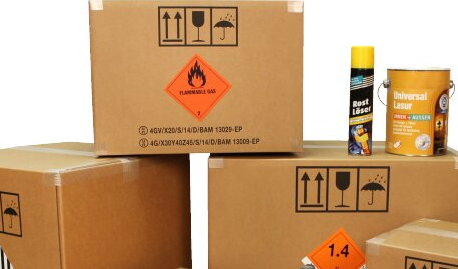 +86 178 5514 5298
+86 178 5514 5298 When Purchasing Laboratory Glassware You Should Know!
Here are five important factors to keep in mind when buying laboratory glassware:

Quality
Quality should be the top priority when selecting laboratory glassware. High-quality glassware ensures accurate measurements, consistent results, and durability. Inferior quality glassware may have imperfections such as air bubbles, uneven thickness, or impurities, which can affect the performance of your experiments and even lead to breakage during use. It's advisable to choose reputable brands known for their stringent quality control standards.
Compatibility
Ensure that the glassware you purchase is compatible with your specific laboratory equipment and procedures. Different types of glassware are designed for various purposes, such as volumetric flasks for precise solution preparation, beakers for general mixing and heating, and pipettes for accurate liquid transfer. Make sure the size, shape, and design of the glassware match your experimental requirements. Additionally, consider the compatibility with other lab equipment like stirrers, clamps, and seals.
Material
The material of the glassware is another critical factor. Borosilicate glass is the most common and preferred material for laboratory glassware due to its excellent thermal shock resistance, chemical inertness, and transparency. It can withstand rapid temperature changes without breaking, making it ideal for a wide range of applications. However, in some cases, special materials like quartz may be required for specific experiments that involve high temperatures or certain chemicals.
Precision and Accuracy
For experiments that require precise measurements, the precision and accuracy of the glassware are paramount. Graduated cylinders, burettes, and volumetric flasks should have clear and accurate graduation marks. The precision of these markings directly affects the reliability of your experimental data. Choose glassware that meets the appropriate tolerance standards for your specific needs.
Safety
Safety is always a concern in the laboratory environment. Look for glassware that has features designed to enhance safety. For example, some beakers have pouring spouts that provide better control during liquid transfer, reducing the risk of spills and splashes. Erlenmeyer flasks are also a good choice as they have a narrow neck that helps contain vapors and minimizes the chance of accidents. Additionally, consider using heat-resistant gloves and other personal protective equipment when handling hot glassware to prevent burns.
By considering these important factors, you can ensure that you select the right glassware for your laboratory needs, leading to more successful and reliable experiments. Remember to invest in high-quality glassware, as it is an essential component of any well-equipped laboratory.











